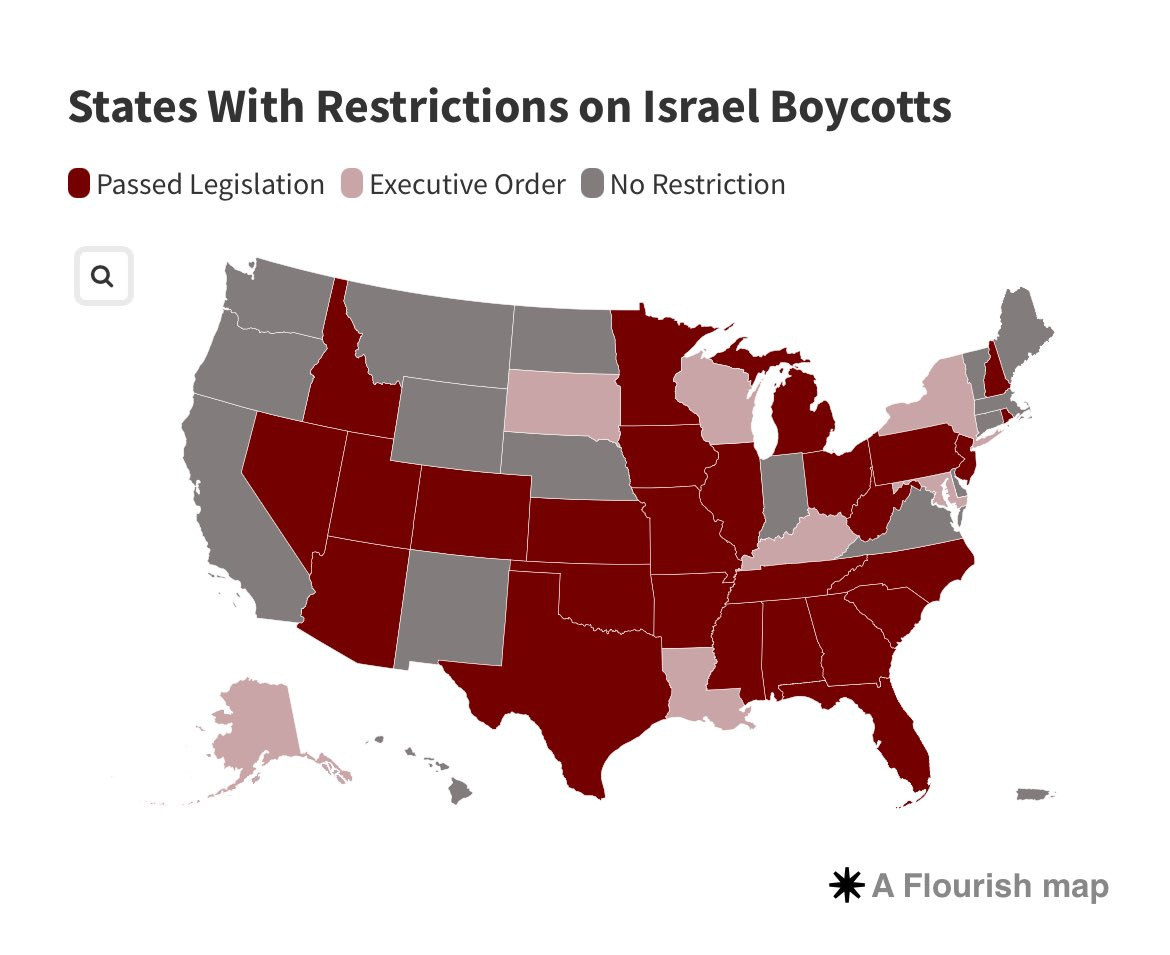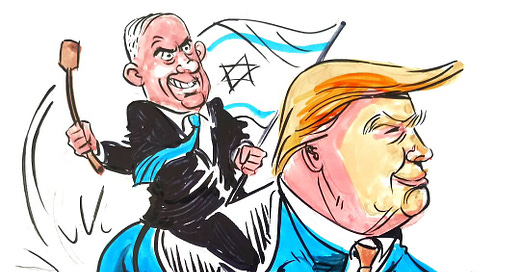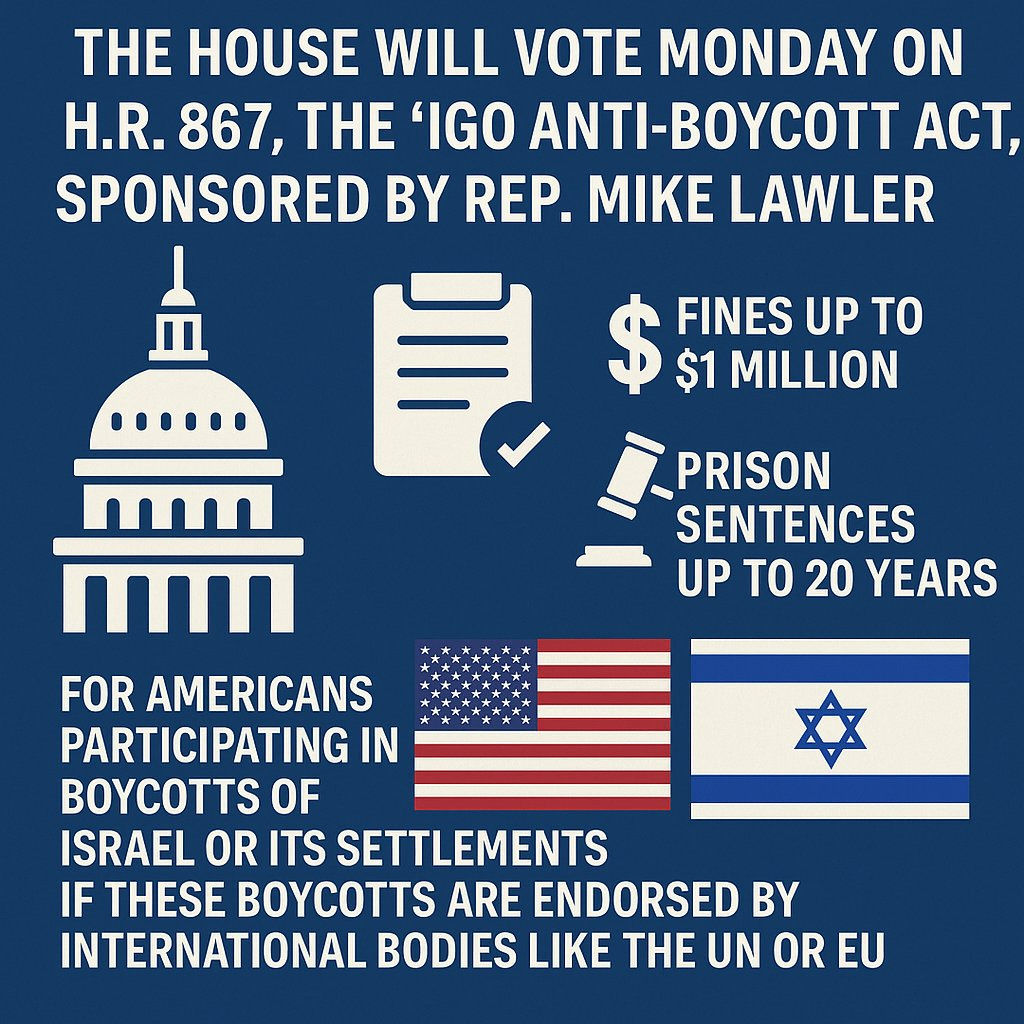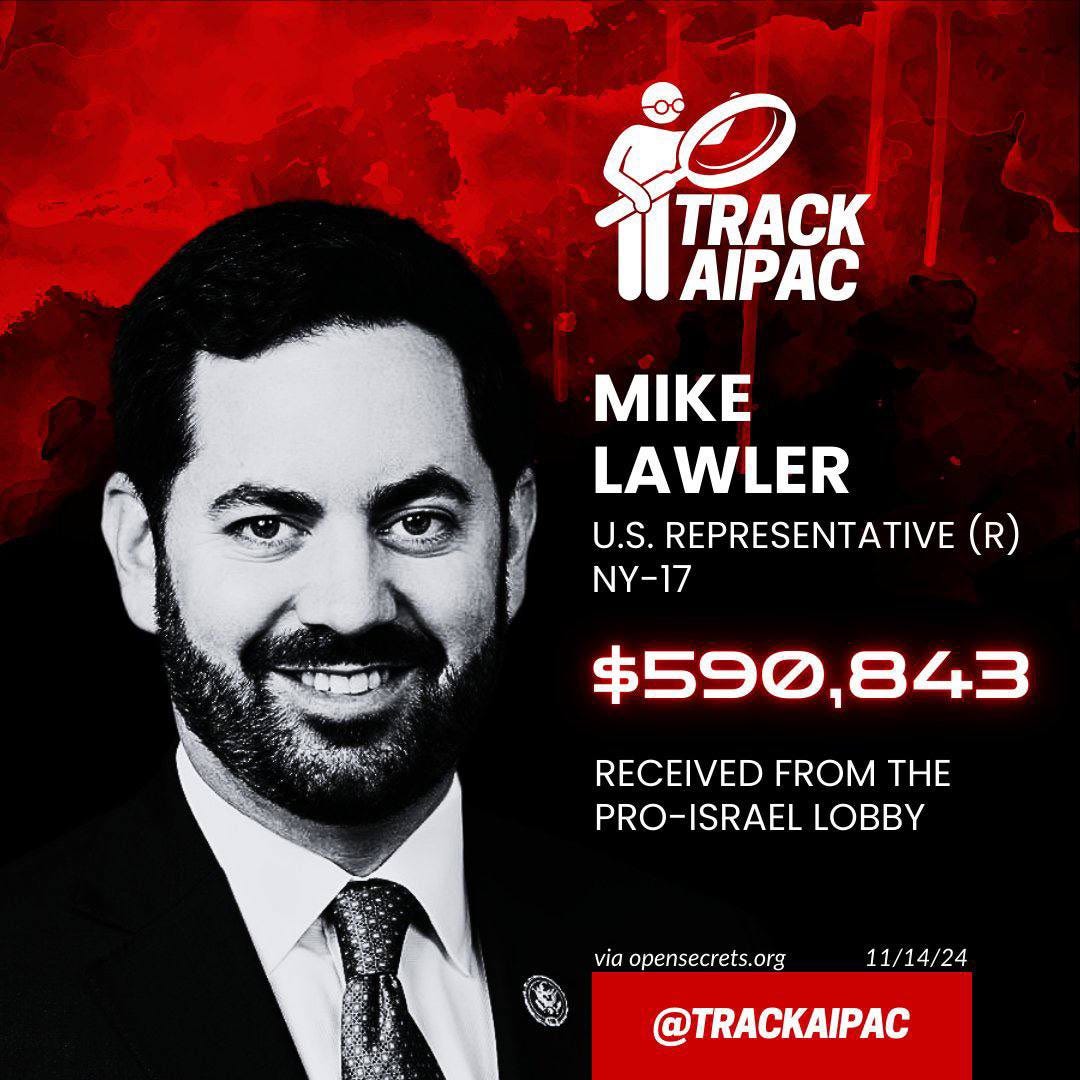In America, You Can Boycott Anything—Except Israel
Congress is about to criminalize dissent and bury the First Amendment—just to shield a foreign regime committing genocide and murdering children on a daily basis.
UPDATE: H.R. 867—a bill that would punish Americans for supporting boycotts of Israel—has been pulled from this week’s House schedule.
This Monday, Congress will vote on H.R. 867, a bill that would make it a federal crime to boycott Israel.
If you choose to boycott a country that the ICJ has determined is plausibly committing genocide, drops bombs on refugee camps, erasing entire families, and and killing children with American-made weapons on a daily basis, you could face:
• Up to $1,000,000 in fines
• Up to 20 years in federal prison
This is not just outrageous—it’s an unconstitutional assault on the First Amendment, the very core of what defines American democracy: freedom of speech, freedom of belief, freedom to dissent.
Under this dystopian proposal masquerading as legislation, not only would it be illegal to honor calls from the UN, the International Court of Justice, or respected human rights organizations like Amnesty International or Human Rights Watch to boycott Israel—but simply pointing out that someone works for, say, AIPAC, Canary Mission, or one of the countless U.S.-based organizations that funnel tax-deductible donations to the Israeli military, would become a federal crime.
Yes, you read that right: calling out organizations that support Israel could be criminalized. Simply saying “This person works for an organization that supports the IDF” could land you in legal jeopardy. Technically people can still boycott Israel through their personal choices and financial actions, but the minute you say out loud that you are boycotting, or that other should, you could be criminally liable.
The message is clear: if you criticize Israeli apartheid, occupation or genocide, you better do it quietly—and alone.
In Donald Trump’s first 100 days back in office, his administration has detained visa holders and permanent residents—without charge—for daring to criticize Israel’s war on Gaza.
On Wednesday, Mohsen Mahdawi, a Palestinian student at Columbia University, was released on bail after a judge ruled he posed no threat to public safety. His freedom remains fragile—pending a Habeas hearing. Mahdawi, a U.S. permanent resident and the former co-president of Columbia’s Palestinian Student Union, was detained by ICE at his naturalization hearing in Vermont on April 14. No crime. No trial. Just a vague accusation from the State Department: that he had used “threatening rhetoric and intimidation” during a campus protest in 2024.
A 34-year-old man born in a refugee camp in the West Bank, raised under occupation, finally reaches the threshold of U.S. citizenship—and is instead detained for political expression. His case is not an exception. It’s part of a pattern.
The irony of course is that, Boycotting has long been a protected form of political expression. It helped end Jim Crow. It helped dismantle South African apartheid. And now, the US government wants to criminalize it—because it’s aimed at Israel.
The bill’s sponsor, Rep. Mike Lawler (R-NY) has taken $684,834 from AIPAC. Another lead backer, Rep. Josh Gottheimer (D-NJ) has taken $1,880,001 from AIPAC. They are writing laws for their AIPAC donors in blind allegiance to a foreign state that is murdering children on a daily basis and has killed more than 200 journalists and aid workers.
This is the latest chapter in a years-long effort to erode U.S. constitutional protections in defense of Israeli impunity.
Right now, 38 U.S. states have already enacted laws or executive orders that punish people for boycotting Israel—or even its illegal settlements. These laws bar public contracts or investments in any person or entity that refuses to do business with Israel.

States which currently have laws in place protecting Israel from criticism and boycotts:
Alabama, Alaska, Arizona, Arkansas, California, Colorado, Connecticut, Florida, Georgia, Idaho, Illinois, Indiana, Iowa, Kansas, Kentucky, Louisiana, Maine, Maryland, Massachusetts, Michigan, Minnesota, Mississippi, Missouri, Nevada, New Hampshire, New Jersey, New York, North Carolina, North Dakota, Ohio, Oklahoma, Pennsylvania, Rhode Island, South Carolina, South Dakota, Tennessee, Texas, Utah, Virginia, West Virginia, and Wisconsin.
Some of these laws only apply to companies over a certain size and others have already been challenged in court.
• In Kansas, Arizona, and Texas, federal judges struck them down for violating the First Amendment.
Students and activists at universities in Arizona staged protests and encampments in support of Palestinians and called for a ceasefire in the ongoing Israel-Hamas war, making a series of demands before ASU cleared the encampment. The demands included calling on ASU President Michael Crow to resign over his handling of the protests and demands that the university cut financial ties with “all companies tied to the state of Israel or complicit in the occupation of Palestine.” But a state law passed in 2016 prohibits the state and local governments from adopting investment policies that include boycotting Israel.
Keep reading with a 7-day free trial
Subscribe to Ahmed's Perspective to keep reading this post and get 7 days of free access to the full post archives.







